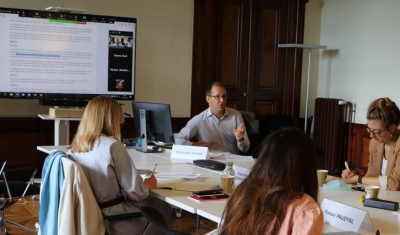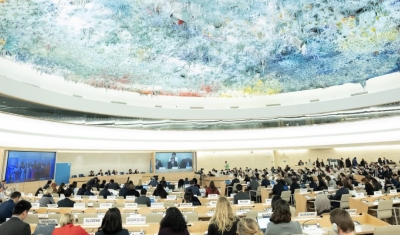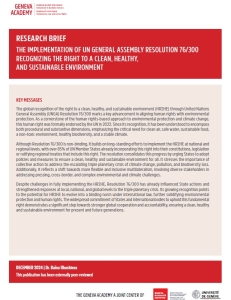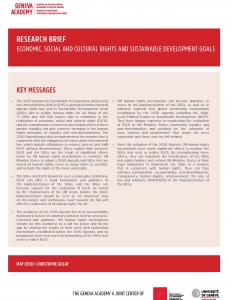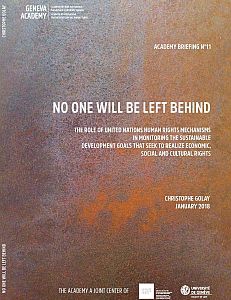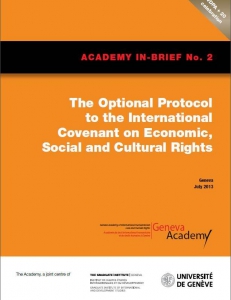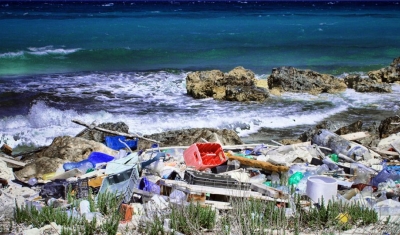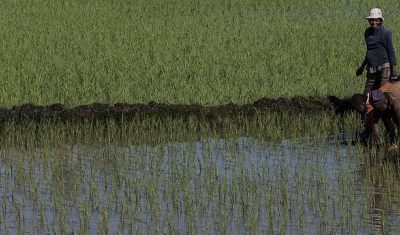For at least the past 20 years, the United Nations (UN) has underlined the need to adopt a human rights-based approach to development. In the 1993 Vienna Declaration and Programme of Action the World Conference on human rights (HR) agreed that ‘democracy, development and respect for human rights and fundamental freedoms are interdependent and mutually reinforcing.’ In 1997, UN Secretary-General Kofi Annan asked for HR to be mainstreamed within the activities of all UN specialised agencies, programmes and funds.
Promoting the Complementarity between Economic, Social and Cultural Rights and Development
This project aimed to raise awareness about the complementarity of HR and development by analyzing the relationship between economic, social and cultural rights (ESCR) and global development goals, namely the Millennium Development Goals (MDGs) adopted in 2000 and the Sustainable Development Goals (SDGs) adopted in 2015.
Between 2008 and 2015, in the context of the MDGs, the project focused on the promotion of the right to food to fight extreme poverty and hunger (MDG 1), and on the contribution of UN Special Procedures to the human rights and development dialogue.
Research on ESCR and the SDGs
The 2030 Agenda for Sustainable Development adopted by the UN General Assembly in 2015 is ‘grounded in the Universal Declaration of Human Rights (and) international human rights treaties’ and envisages a world of ‘universal respect for human rights and human dignity, the rule of law, justice, equality and non-discrimination’. The SDGs, which aim to eradicate poverty, and to guarantee equal access to social security, food, health care, education, housing, water and sanitation incorporate most of the core elements of ESCR as these are articulated in the International Covenant on Economic, Social and Cultural Rights (ICESCR). The 2030 Agenda also places a strong emphasis on ensuring that its implementation, follow up and review processes are participatory, rights-based and effective, with a call for the active participation of the ‘United Nations System’.
Since 2016, our work aimed to support this approach. We focus on the role that UN HR mechanisms can play in monitoring the SDGs that seek to realize ESCR, notably through the organization of expert seminars and workshops, various publications, participation in High-Level Political Forum meetings and a training course on the subject.
Partners
We worked in partnership with the Swiss Government, the International Solidarity Service of the State of Geneva, UN agencies, the Office of the UN High Commissioner for Human Rights, UN human rights experts – in particular, treaty body members and Special Procedures on ESCR – and civil society organizations, including the Center for Economic and Social Rights, and the Friedrich-Ebert-Stiftung.


